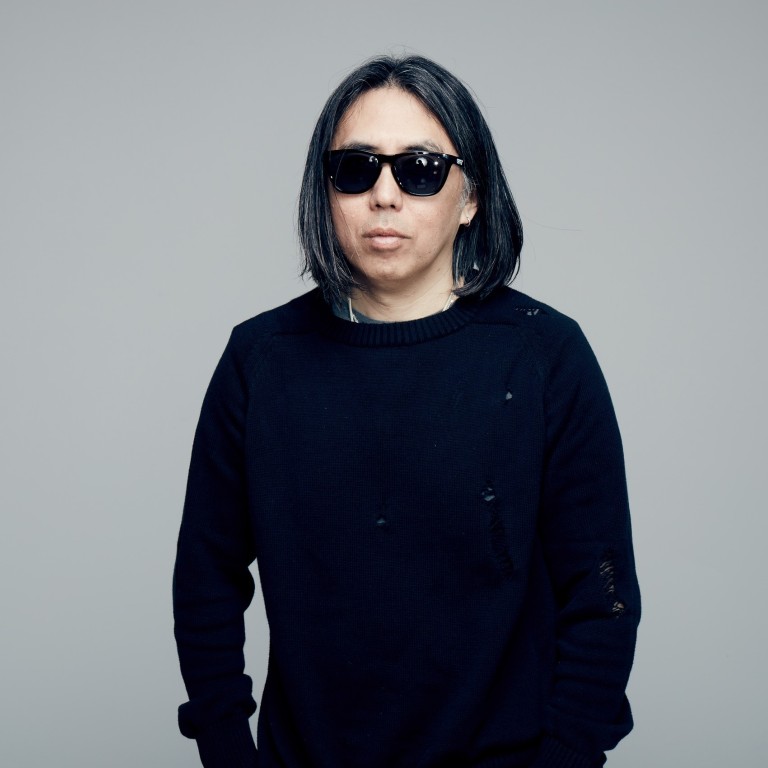
Japanese street style guru Hiroshi Fujiwara on the joy of being a jack of all trades
- Despite being considered an innovator who brought US street culture to Japan, Fujiwara’s interests vary from music and retail to media and even food
- His collaborations with the likes of Nike, Levi’s, Starbucks and Sony have shown how varied his work is
Tokyo-based Hiroshi Fujiwara may be a household name in streetwear circles, but he is far from a fashion celebrity.
“I like to be mysterious,” he says when we meet him in Hong Kong during the annual Art Basel event in March. “I don’t think I need to explain what I do. You can say designer, producer, musician.
“Last night I was at this Prada party and nobody knew who I was. I just went as a guest of my friend, who took me there. I like that people don’t know what I do. Some think that I’m a designer but I am not. I don’t even know what I really do.”
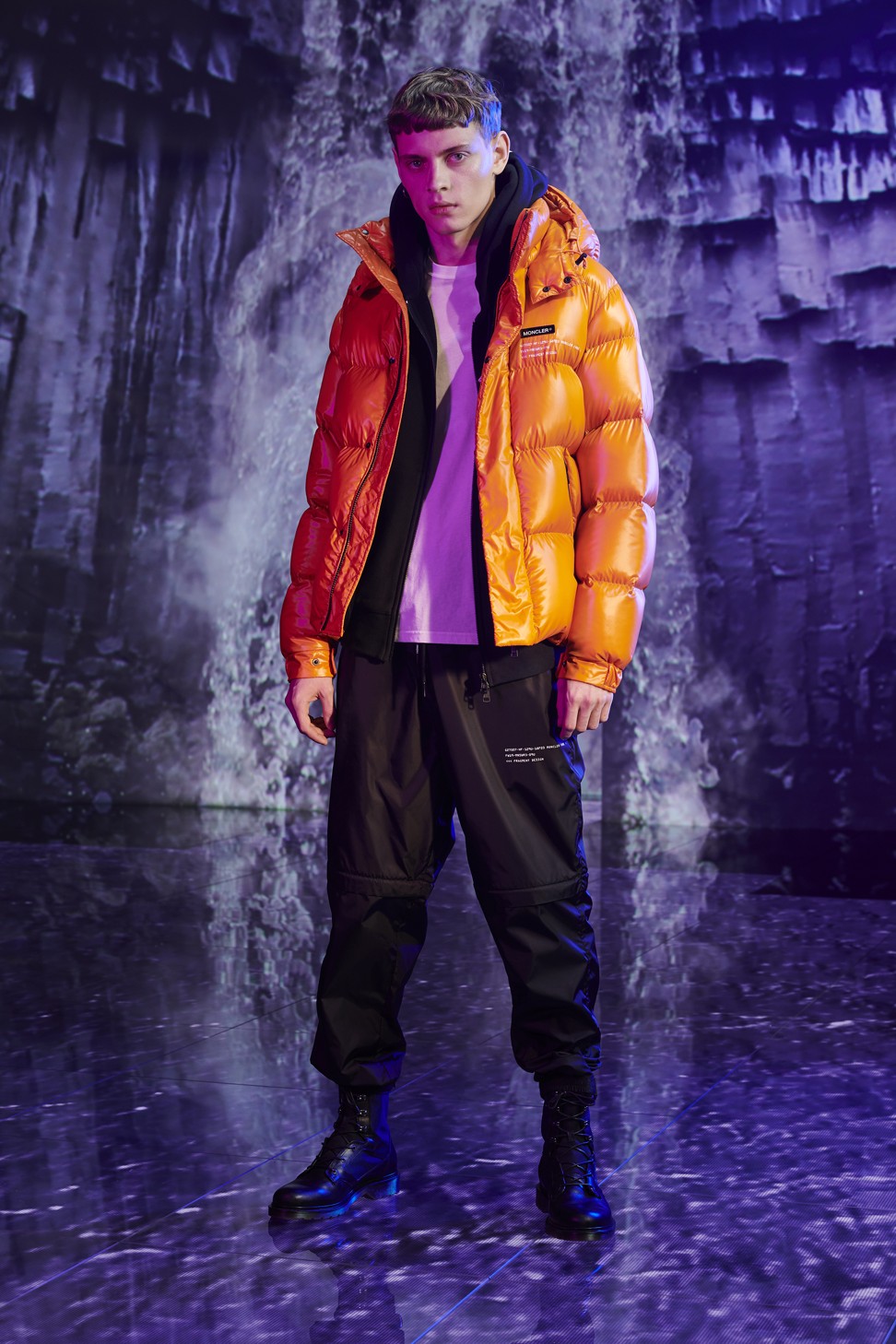
While Fujiwara is considered a streetwear guru, his interests vary from fashion and music to retail, media and even food. The day we met him, he had just returned from Macau, where he had attended the announcement of Asia’s 50 Best Restaurants.
To call Fujiwara a pioneer in the interconnected world of art, fashion, media and technology is a bit of an understatement. Point to any disruptive developments that have shaped the way we consume fashion in the last three decades, and it’s likely that he was behind most of them. Put simply, Fujiwara did it first, paving the way for brands such as Supreme, companies such as Hypebeast and the explosive growth of the sneaker industry.
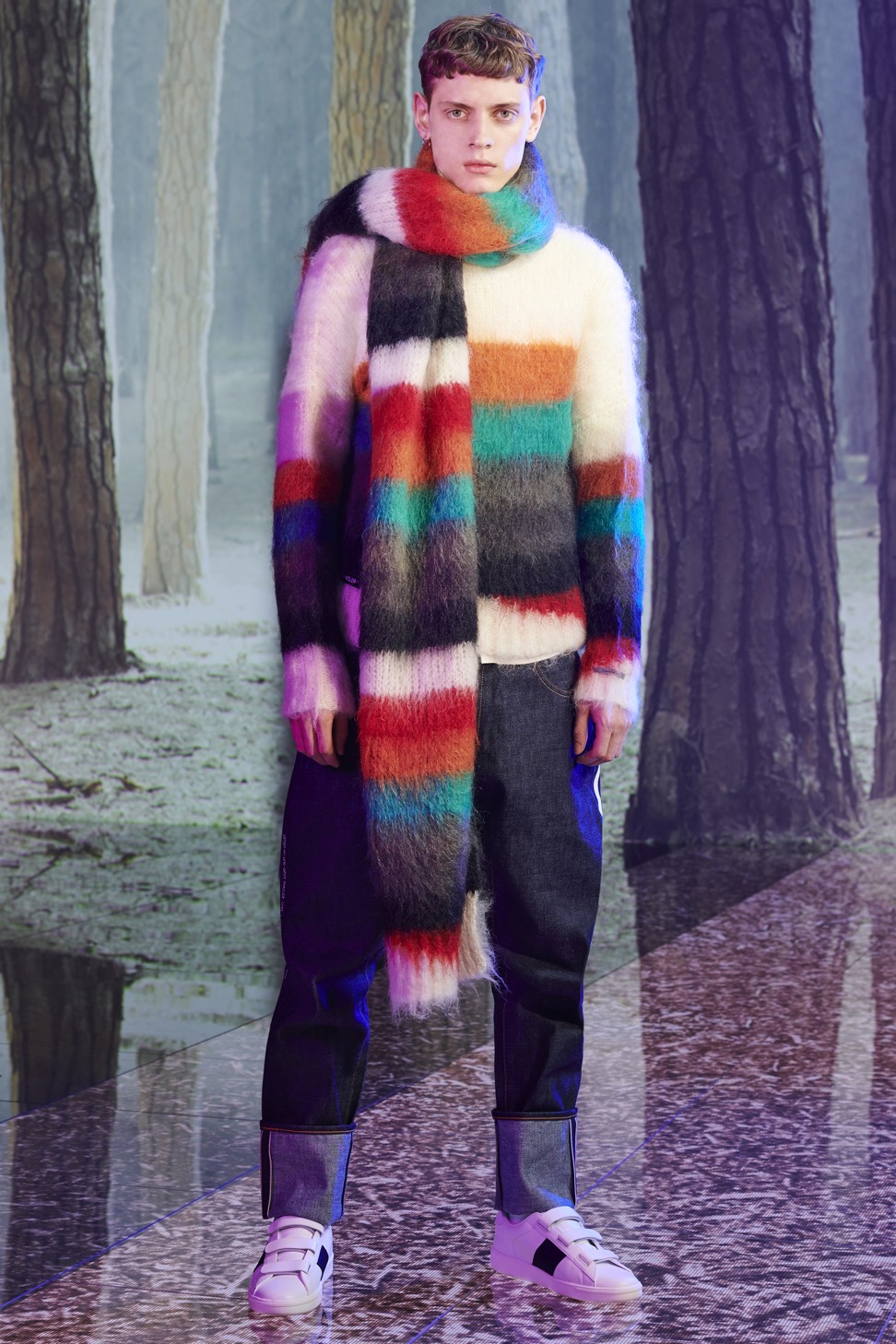
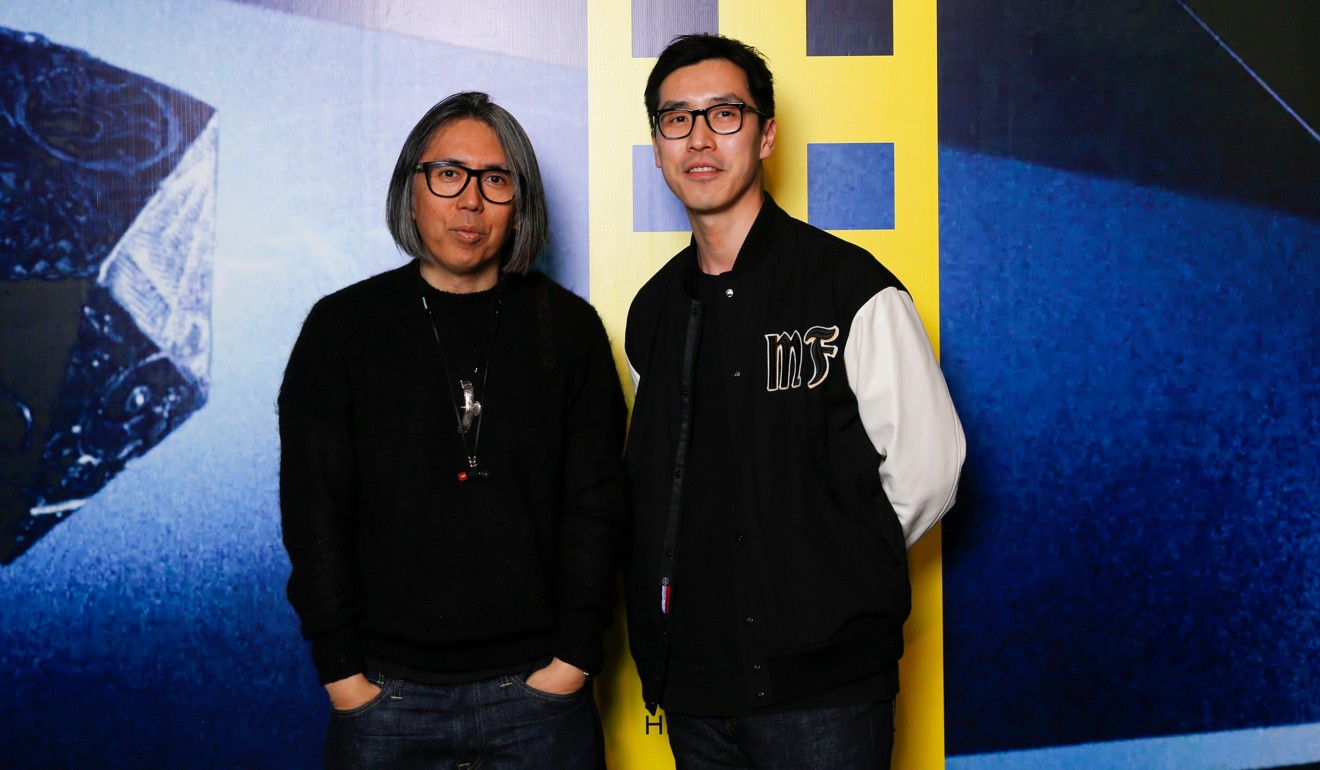
Born in a coastal town in central Japan, Fujiwara moved to Tokyo as a teenager. After travelling to the US, he brought American street culture to Japan, turning the Tokyo neighbourhood of Ura-Harajuku, back then a sleepy area, into the epicentre of Japanese street fashion.
A young creative with an entrepreneurial spirit, he famously helped two then-unknown designers – Jun Takahashi, founder of Undercover, and Nigo, who went on to found A Bathing Ape – open a store named Nowhere.
His foray into design, a label named Good Enough, was short-lived as he soon realised that he was better at working with other companies rather than making things himself, a low-risk strategy that puts him at the forefront of today’s collaboration-driven culture.
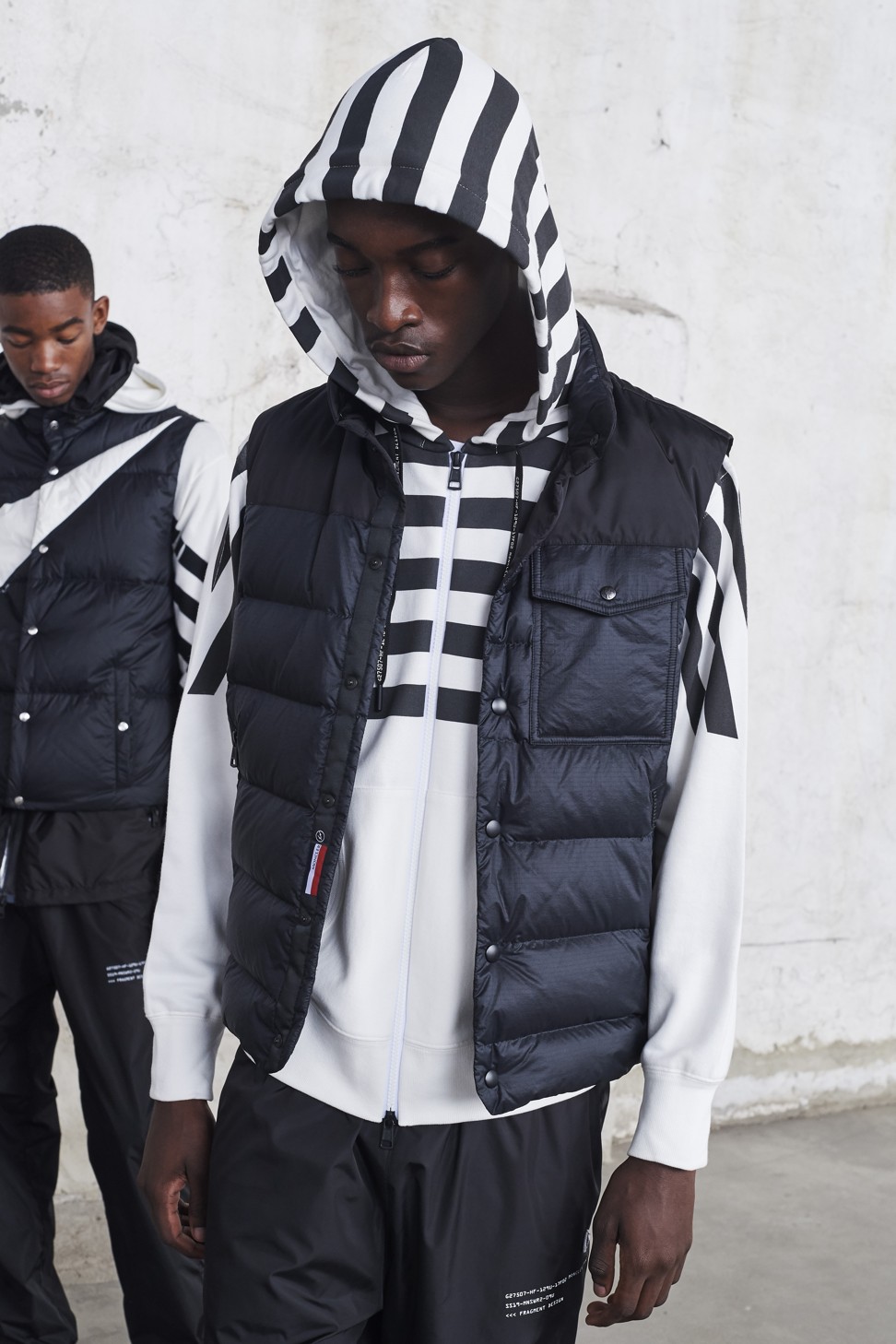
“I stopped doing what I was doing before, which was mainly retail, because I wanted to be independent,” says Fujiwara of his decision to become a free agent and to establish fragment design in 2003. “I decided not to make products in a studio or an office and to just start collaborating with other people.”
While the idea of partnering with various brands seems far from novel, it was a new thing when Fujiwara started doing it in the late 1980s and early 1990s.
“That was the only thing I could do when I started working by myself,” he explains. “One of the first collaborations was with Porter Yoshida in the late ’80s or early ’90s. My thinking was that Porter is a great company that makes great bags so if I want to make a bag I should do it with the best in the industry.
“Same with sneakers. I don’t want to make my own sneakers because Nike already makes them so I did it with Nike. Or Moncler, which has a great winter collection, or Levi’s, which makes jeans.”
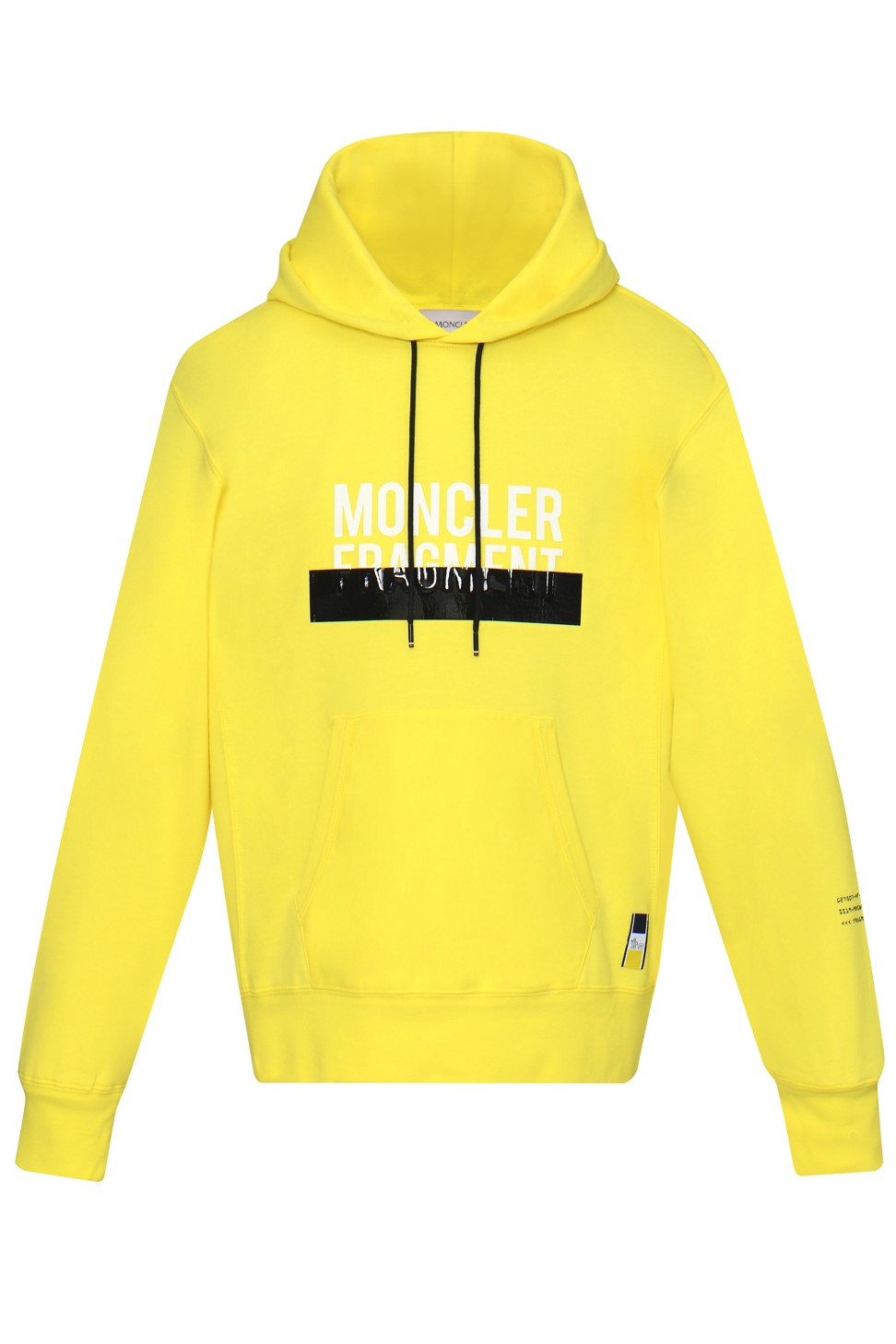
Fujiwara, who admits that he cannot even remember all the brands he has worked with, does not take it personally when those companies end up not producing his work.
“They steal my ideas; that’s what I do for them,” he explains. “I have a lot of freedom but sometimes the things I make are not made for sale and I don’t mind. That’s their decision and their choice. I just make stuff that I want to wear and that I like.”
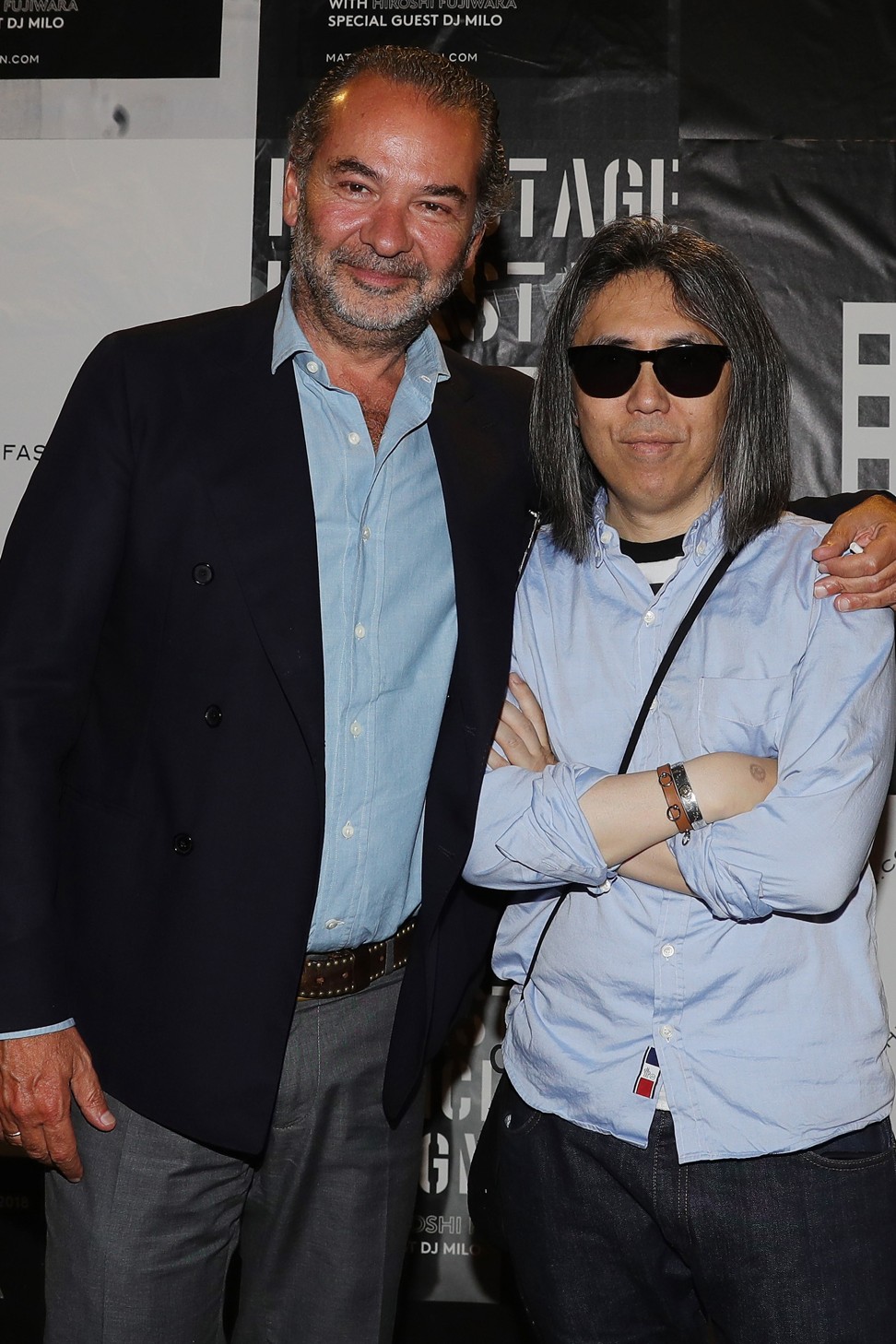
“The Japanese have a good eye. Americans make good things but don’t have a good eye,” he says of his ability to suss out what’s cool. “When I was travelling to the US years ago I would go to vintage stores and they would sell all this denim in bulk. They didn’t care what it was and it was very cheap but out of 50 pairs I would always find something super rare that was worth a lot of money and they didn’t even know.”
He explains that the Japanese developed their own sense of style because they were never bound by preconceived notions of what an army jacket or a pair of denim pants should look like, twisting them and reworking them until they often looked better than the original.
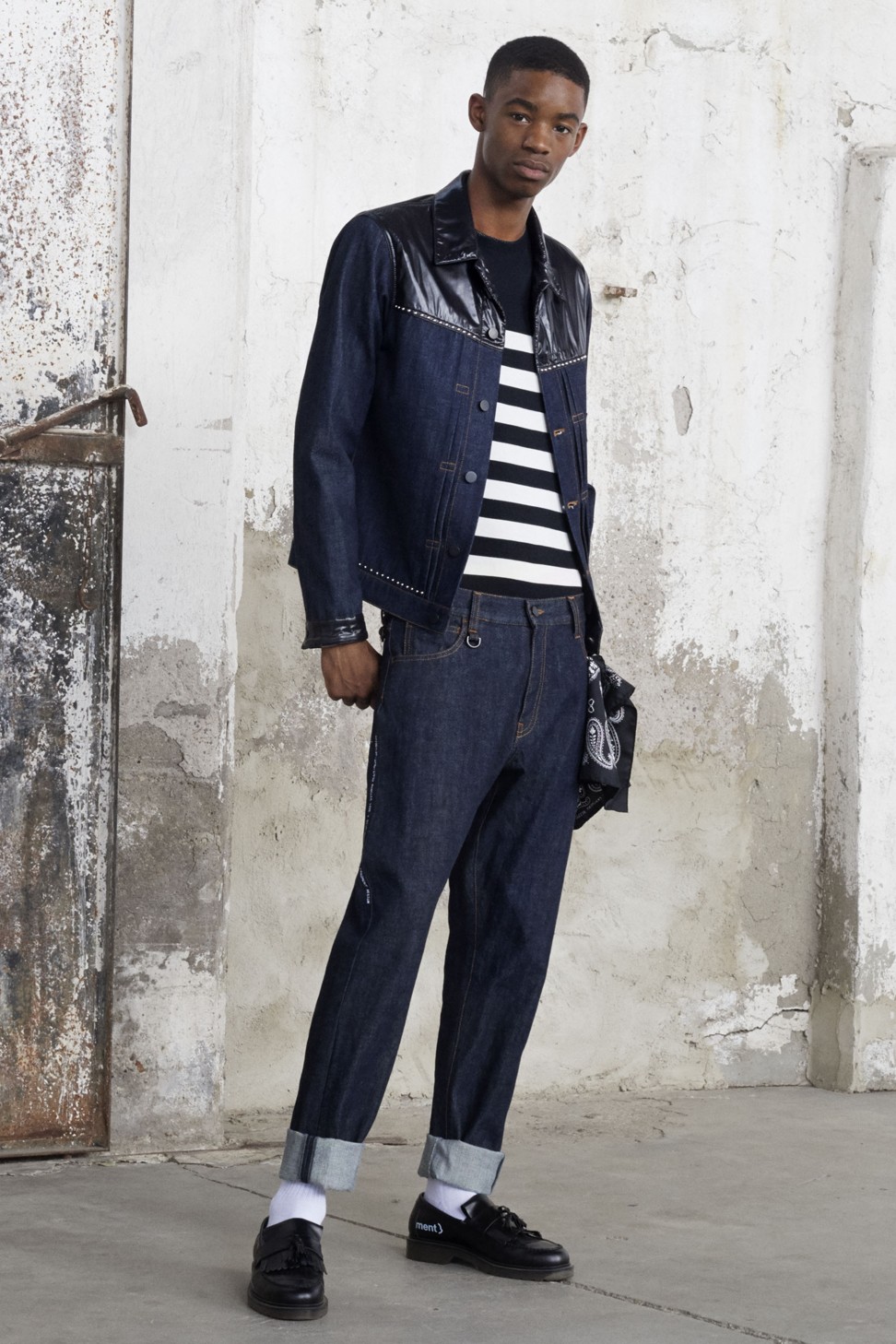
While he is not entirely disillusioned with the current state of affairs, Fujiwara believes that “fashion itself is not trendy any more”.
“People don’t buy as many clothes or want to become fashion designers. I’m looking forward to seeing what happens with 5G and Google’s new game platform. I don’t play games but I want to see what technology companies will do,” he says.
Whether it’s a Moncler ski jacket, Nike trainers or a pair of Levi’s jeans, Fujiwara is drawn to things that are real and authentic. “Personally I don’t buy trainers from luxury brands. I’d rather buy real trainers but I understand why fashion brands want to do streetwear and why people want to buy it,” he says.
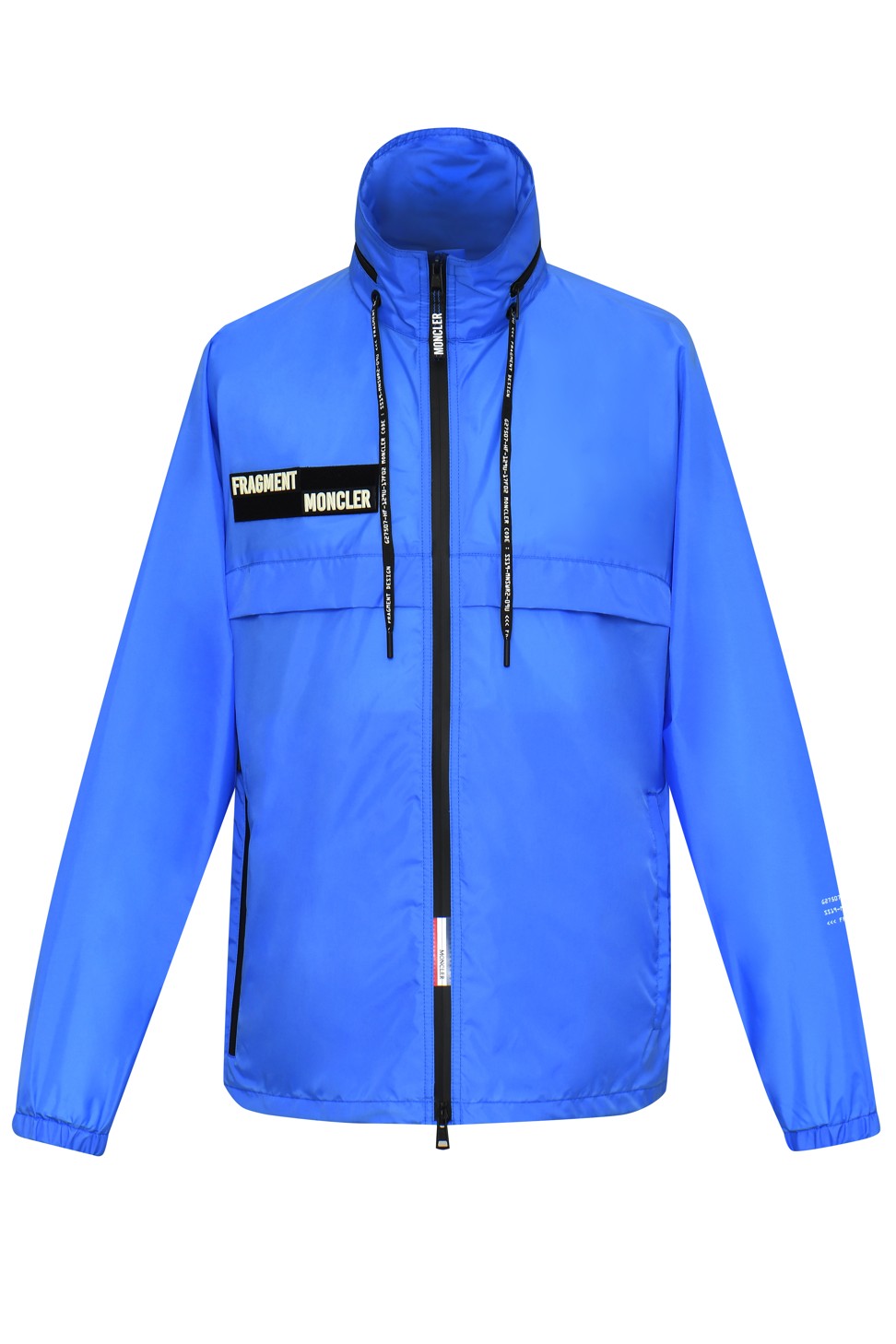
He has no objections to the way high-end labels have been making inroads into streetwear, or to the commercialisation of street fashion.
“I don’t mind if streetwear has become corporate because I’m not corporate,” he says. “I don’t see it as a bad thing as long as I can do what I want to do.”

